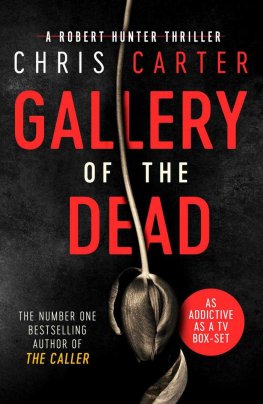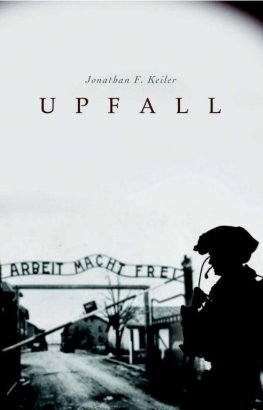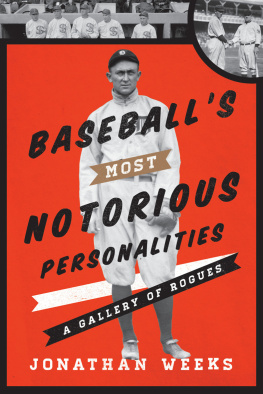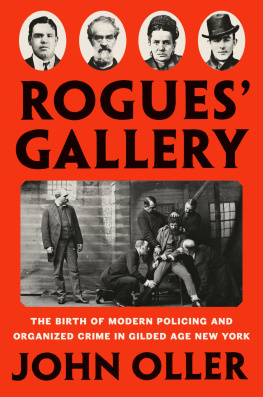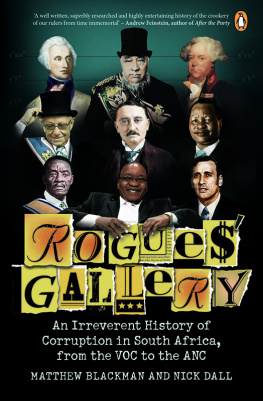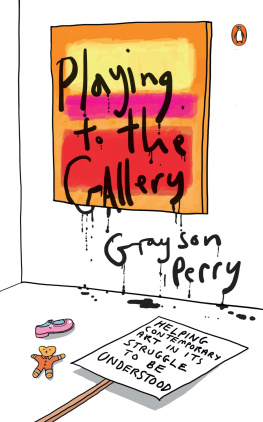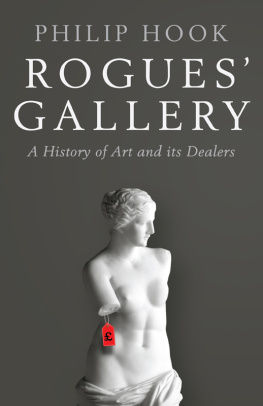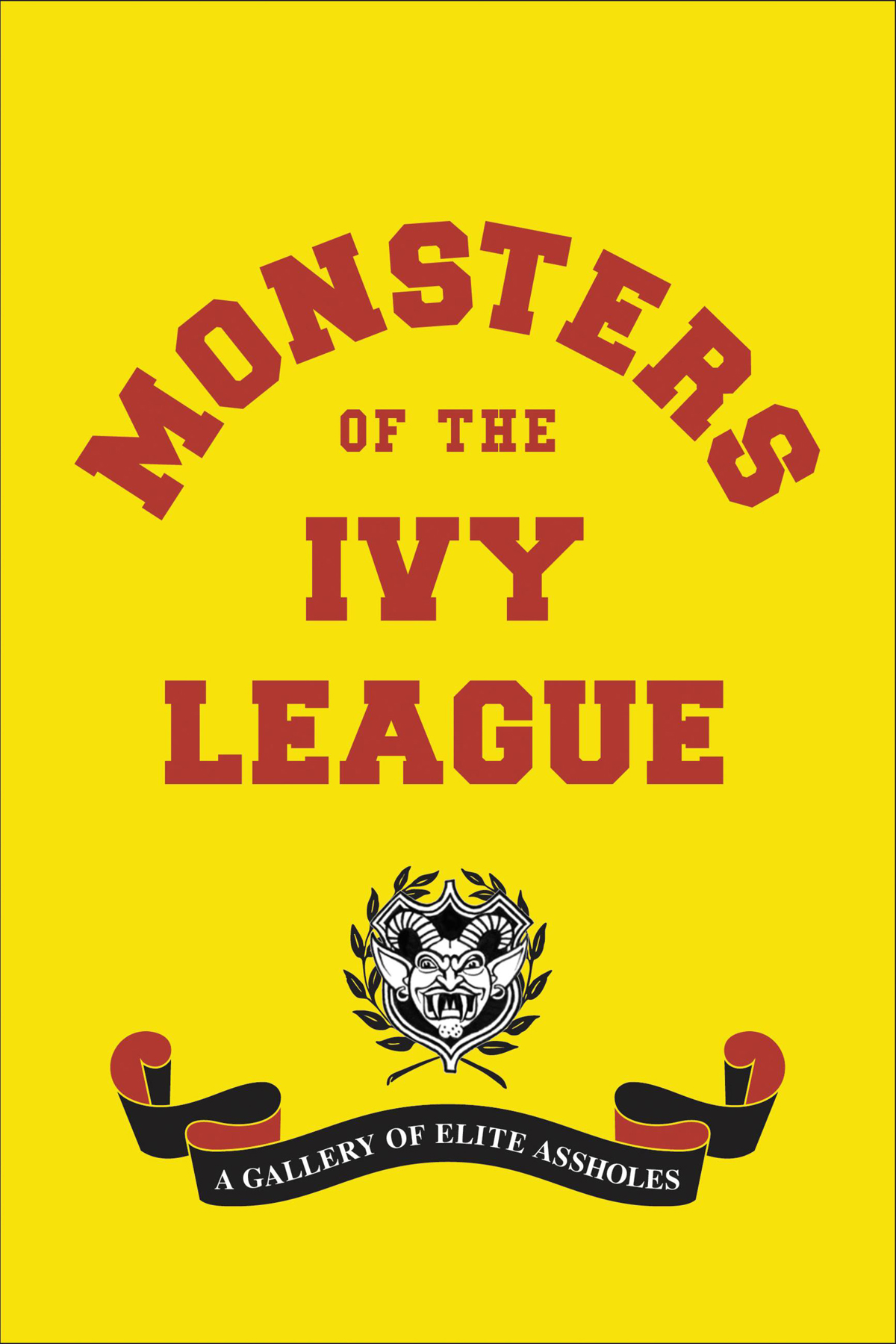Cover copyright 2017 Hachette Book Group, Inc.
Hachette Book Group supports the right to free expression and the value of copyright. The purpose of copyright is to encourage writers and artists to produce the creative works that enrich our culture.
The scanning, uploading, and distribution of this book without permission is a theft of the authors intellectual property. If you would like permission to use material from the book (other than for review purposes), please contact permissions@hbgusa.com. Thank you for your support of the authors rights.
Little, Brown and Company is a division of Hachette Book Group, Inc. The Little, Brown and Company name and logo are trademarks of Hachette Book Group, Inc.
The publisher is not responsible for websites (or their content) that are not owned by the publisher.
The Hachette Speakers Bureau provides a wide range of authors for speaking events. To find out more, go to hachettespeakersbureau.com or call (866) 376-6591.
Nonfiction
The Historic Shops and Restaurants of New York
(with Ellen Williams)
Cyndi Lauper (as K.K. Willis, Jr.)
Humor
Special Moments (with Joe Bodolai)
Nonfiction Humor
Townie Planet
Dan Quayle: Airhead Apparent (with Paul Slansky)
Drop Dead, My Lovely
The Big Boat to Bye-Bye
The Templeton Twins Have an Idea (middle-grade)
The Templeton Twins Make a Scene (middle-grade)
With Barbara Davilman
Yiddish with Dick and Jane
Yiddish with George and Laura
How to Raise a Jewish Dog
How to Profit from the Coming Rapture
Arffirmations: Meditations for Your Dog
The Big Jewish Book for Jews
In America, higher education (meaning, education even higher than so-called high school) has, over the past generation, become a topic of immense controversy. Everything about itits cost, its utility, the political atmosphere on its campuses, the working conditions of its faculty, the social and sexual behavior of its studentshas come under intense scrutiny.
An undergraduate degree, once esteemed as a prize available only to the (white, Christian, male) Joe College privileged, is now considered as basic, universal, and unremarkable as a high school diploma. A college education, formerly regarded as a ticket to the next-higher rung up the socioeconomic ladder (at least!), is now derided as a way for twentysomethings to incur crippling debt while pursuing a diploma of limited usefulness in todays deteriorating job market.
Meanwhile, the college campus has become a debased cartoon of its former self, a place of unbridled sexual activity and rampant sexual abuse, where professors dont teach (that job is left to underpaid teaching assistants and adjuncts), students dont study (they regard themselves not as apprentices but as customers), and open inquiry is hamstrung by political correctness and free speech constrained by the need for trigger warnings.
But throughout the most heated debates, as parents tuition costs soar and students return on investment plummets, one thing has remained constant: the prestige and respectability accorded the Ivy League.
What is the Ivy League? Contrary to what its name implies, it is not a collection of amateur gardeners. Nor does the term stand for good colleges. Or good colleges in the northeastern United States. It doesnt mean Harvard, Yale, Georgetown, Princeton, and a few others.
In factand this will surprise those to whom this news comes as a surprisethe Ivy League is actually a bunch of football teams.
Okay, basketball and other sports, too. In any case, thats why it says league. Get it? Its an athletic conference consisting of eight institutions: Brown University, Columbia University, Cornell University, Dartmouth College, Harvard University, the University of Pennsylvania, Princeton University, and Yale University. All except Cornell were born before the American Revolution. And while Ivy and Ivy League appeared as casual references to certain schools as far back as the 1930s, the actual Ivy League was formed in 1954 to formalize the sporting relationships among these eight schoolsrelationships that in some cases went back to the 1800s.
But who(m) are we kidding? Nobody applies to these schools because they are a gateway to the NFL or the NBA. Au contraire: The term Ivy League education refers to the gold standard in American pedagogy. The Ivies are the best colleges in the country, where the lucky student may avail him- or herself not only of the finest education available, but, equally important, the best future contacts for their budding careers.
The schools in the Ivy League are exclusive, expensive, and the subject of a young lifetimes worth of achievement anxiety and test-prep frenzy. If you are an lvy-aspiring high school student, getting into one will likely require prodigious feats of book-learning, test-taking, and extracurricular-activity-doing hitherto unknown to mortal teenagers.
You may, for example, have spent the summer between sophomore and junior year studying the bassoon, in Spanish, in Paraguay, in order to be able to sit before the Princeton admissions lady and, when asked to tell her something about yourself, reply, I spent last summer studying the bassoon, in Spanish, in Paraguay. You may have acquired two weeks of enrichment during freshman years spring break by working as a line cook in a Turkish refugee camp. You may have won a plaid belt in caber tossing by age eleven. In your spare time, you may have sought (and won) first prize in the school science fair by teaching calculus to a flatworm.
To you, as to your peers, childhood has been a series of auditions, with ever-increasing stakes, and all with one goal in mind: acceptance into an Ivy League school. If you get in, youll be relieved, if exhausted. If you dont, youll be suicidal. Perhaps youve already received the coveted Thick Packet of Welcomeor, alas, the dreaded Skinny Envelope of Rejection.
Whichever the case, youre going to want to read what follows.
So will your parents. Naturally, everything theyve done for you since your birththe encouraging, the paying, the attending, the schlepping to practice and rehearsals and lessons and games, the haranguing, the tutor-hiring, the homework-checkinghas been a selfless act of dedication for your benefit alone. And even if it hasnteven if their egos and self-images have been wrapped up in your academic achievementso what? Why shouldnt they, in taking pride in you, take pride in themselves? Similarly, if your rejection by the Ivies makes you question your worth as a human being, fear for your future, and despair of existence itself, why shouldnt they feel the same?


